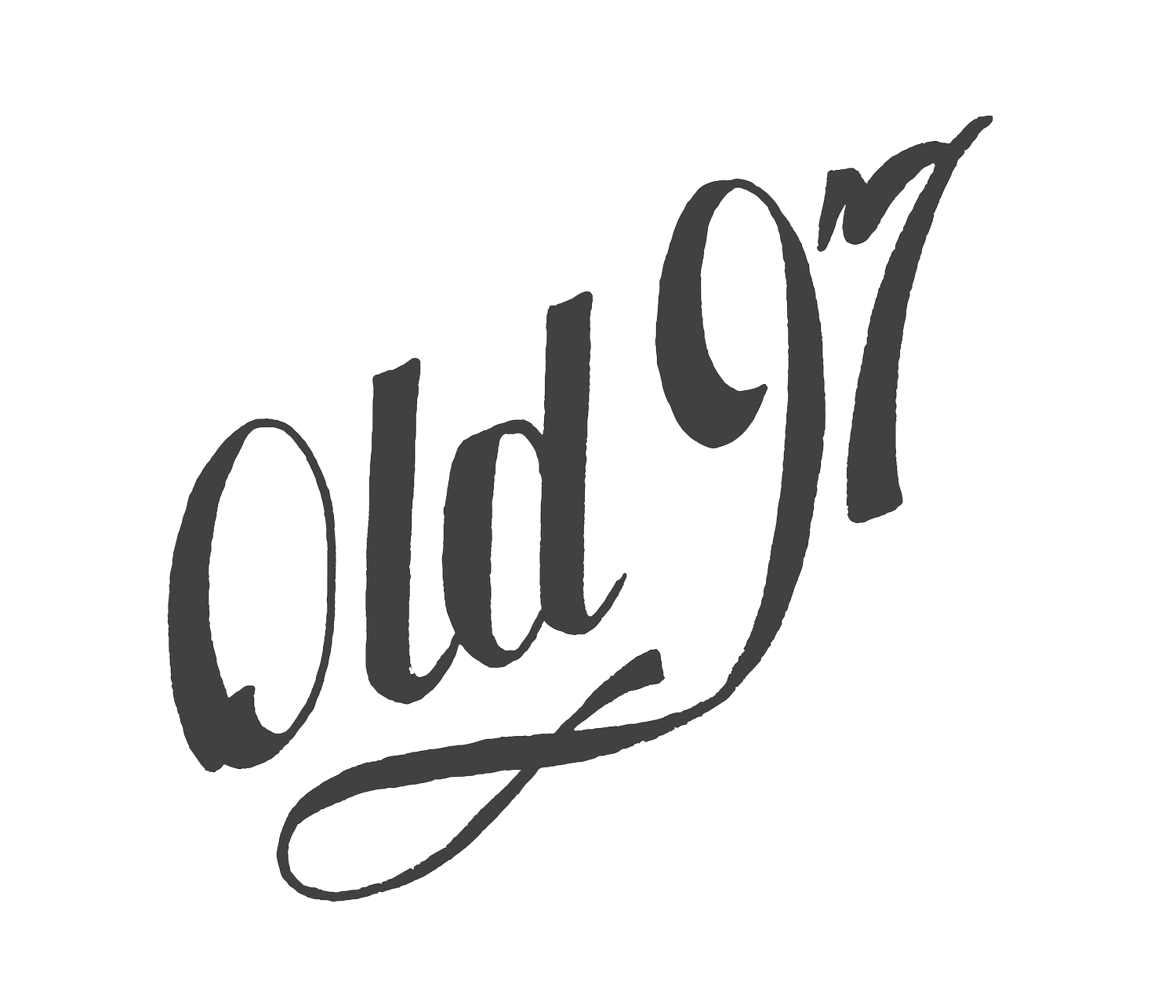FAQs
-
Cannabidiol (abbreviated as CBD) is one of many cannabinoids (group of substances that bind to cannabinoid receptors) responsible for the Hemp plant’s beneficial effects.
Cannabinoids promote homeostasis at every level of biological life. Endocannabinoids and their receptors are found throughout the body: in the brain, organs, connective tissue, glands, and immune cells. In each tissue, the cannabinoid system performs different tasks, but the goal is always the same: homeostasis (maintaining a stable internal environment despite fluctuations in the external environment). [source]
A mature cannabis plant contains hundreds of different compounds which can be further divided into categories of cannabinoids, terpenes, or flavonoids. A few common cannabinoids are listed below. [source]
-
Full-Spectrum [CBD] or “whole plant” contains all the beneficial compounds naturally-occurring in Hemp plants - such as: cannabinoids, terpenes, essential vitamins, fatty acids, protein, and more. There are more than 100 cannabinoids (including CBD) found in the plant. Full-Spectrum CBD contains less than .3% THC and is verified with a Certificate of Analysis. The Entourage Effect is a term for the synergistic benefit derived from all compounds found in the hemp plant. Paired together, these compounds achieve a greater benefit than any one compound in isolation. [source]
Alternative to Full-Spectrum, you may find Broad Spectrum and/or CBD Isolate.
Broad Spectrum contains several cannabis plant compounds but is nearly THC free. CBD Isolate is as it states, isolated pure CBD. In order to isolate certain compounds, additional compounds that give the “entourage effect” are also removed. [source]CBD - Full Spectrum (Full Plant <.3 THC)
CBD - Broad Spectrum (nearly THC free)
CBD - Isolate (pure CBD compound)[source]
-
Since we cannot suggest any health or medical advice for you, we recommend you talk with a healthcare professional that knows you and knows if CBD can benefit you personally. Because there is limited research on how CBD interacts with prescription drugs and with standard over-the-counter supplements, it is best to talk to your doctor before taking CBD if you are taking other medications or seeking to use CBD for any of the known benefits.
-
Other names for the Hemp plant include Cannnabis and Marijuana. The main difference between Hemp and Marijuana is that Hemp legally cannot have more than 0.3% THC content. Whereas marijuana, whether it comes from Cannabis sativa or Cannabis indica, has much higher percentages of THC. Hemp, and the derived CBD Products that we at Old 97 offer, is not impairing.
-
The presence of CBD itself won't show up on a drug test. The use of certain CBD products could, in theory, result in a positive test if there are higher levels of THC present. The THC present in Old 97 products is kept below the acceptable levels of .3%.

